Driving in Morocco with many of road trip around Morocco under my belt as a driver, I will expose you to Moroccan driving culture in this essay. Additionally, I’ll go over some unwritten driving guidelines that you may use for your next secure road journey in Morocco. Morocco’s driving laws differ from those of the West.
The majority of driving laws in Morocco are the same as they are everywhere else in the world: stop at red lights, yield to pedestrians crossing the street, etc. The only difference is that, these laws are rarely observed in Morocco. In addition to sly scooters and motorcycles, you need constantly be on the lookout for pedestrians because crossing the street anywhere is common in Morocco. Morocco’s busiest cities for traffic are Casablanca and Marrakech.
You will come across a lot of illegal scooters and bikes in Marrakech that will leap in front of you wherever. You may most likely experience persistent traffic bottlenecks and inconsiderate driving in Casablanca. With a population of 4 million, Casablanca is the largest city in Morocco and among the biggest and most significant in Africa in terms of both population and economy. As a result, everyone in Casa rushes to go to work and makes their daily drive. In contrast to Rabat, the capital of Morocco, there is much less traffic and a higher tendency of following traffic laws in Tangier in the north and Agadir and Essaouira on the south coast.
Driving in Morocco safe guide advice
Traveling to a foreign nation without having the appropriate knowledge about it may be hazardous, particularly in nations with mountain passes. This article gives you the important things to consider before booking that travel to Morocco in an effort to make your journey easier. This book will teach you the ins and outs of driving in Morocco, as well as what to do on a long-term visit and on road trip excursions.
Travel to Morocco
Morocco is, renowned for its intriguing medinas. Historical sites, beautiful beaches, and sand seas. There are, new towns dubbed Ville Nouvelles. Whose French influence is visible in the architecture, and vibrant souks that grace the country’s cobblestone streets in the major cities. You should be aware of the travel limitations in Morocco before you begin organizing your vacation.
Morocco Geographic Location
Moroccan borders Algeria to the east, Mauritania to the south, the Atlantic Ocean to the west, and the Mediterranean Sea. Morocco is a nation in western North Africa. It is, situated in a key strategic area. It follows that the nation’s combination of Arab, Berber, European, and African traditions is not surprising. Morocco is a hilly nation with stunning views of the Sahara in its western part.
Popular Languages
The official language of Morocco is Moroccan Arabic, or darija, which differs depending on the location. When driving in Morocco, knowing standard Arabic might not be very helpful, especially when you need to ask for directions. Since France, and Spain ruled the nation in the 1900. French is also extensively spoken in Morooco. Especially in the cities. When traveling in the country, you may also come across several French road signs.
However, Spanish is widely spoken, in northern Morocco. Especially in Tetouan and Chefchaouen. English, is spoken by some Moroccans. Particularly in bigger towns, and popular tourist locations. In order to accommodate visitors, tourist places typically employ staff members who speak and understand English, so you won’t have to worry about communication there. Tamazight, is one of the indigenous languages. That are spoken in Morocco, in small villages.
Tourism in Morocco
Morocco is a lovely nation with many tourist attractions that allow you to learn about its history and culture as you travel about. With additional travel places becoming more accessible, Morocco welcomes millions of travelers each year. Through the development of infrastructure and the improvement of recreational amenities, the Moroccan government contributes significantly to the growth of its tourist sector.
By investing more time and energy in the tourist sector, the government hopes to reduce its reliance on the agriculture sector to grow the economy. Morocco provides a variety of travel attractions, such as trekking trails, royal towns, and unique beaches. Morocco is more enjoyable and memorable when you drive.
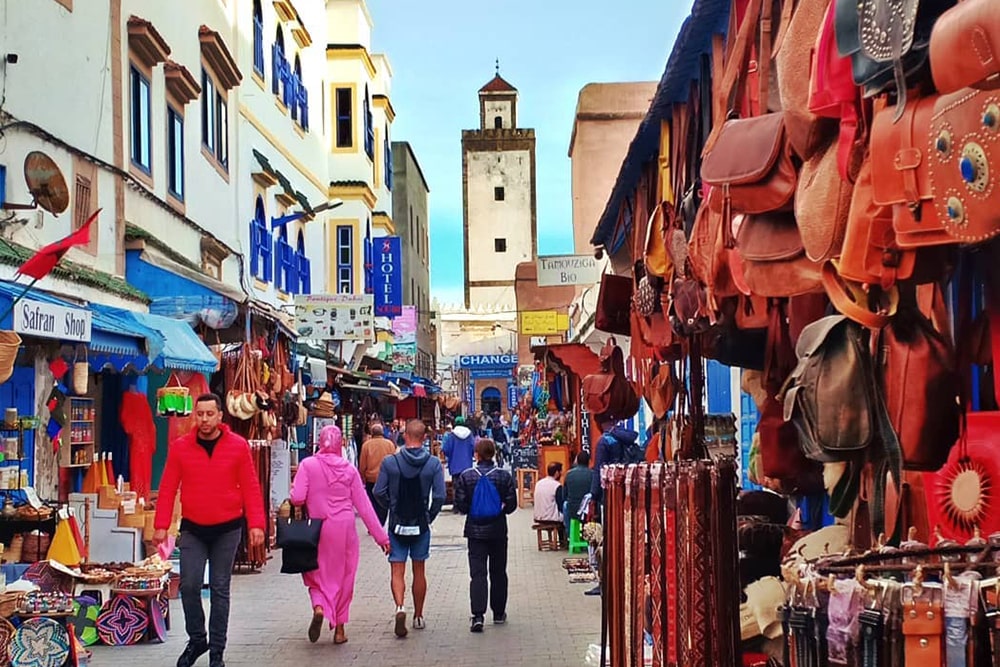
Car Rental in Morocco
The most effective method to get across Morocco’s roads is by automobile, particularly if you intend to venture outside the towns and see uncharted territory. Before renting a car in Morocco, you should be aware of a few other things in addition to driving etiquette. Be aware that in addition to your driver’s license, you will require an International Driver’s Permit in order to rent a car in Morocco.
Get More Advice To Book Your Car
Thanks to the internet, renting a car in Morocco is easier now. When you arrive to Morocco, you may reserve your rental car online or at the desk. To prevent market price increases and to receive better possibilities, it is recommended that you reserve your rental car well in advance of your arrival in the nation. Making last-minute reservations can be stressful and result in less attractive cars, especially during busy times of the year.
When making a reservation, there are a number of things to take into account when selecting a car rental business. If you wish to drive in Morocco with peace of mind, reputable car rental firms like Europcar and Avis offer facilities across Morocco. Make sure they have insurance and safety equipment installed in their cars.
Documents Needed
In order to prove your identification, car rental businesses will need you to provide a valid native driver’s license, passport, or other official papers. If your driver’s license is not written in the Roman alphabet, they will also need you to present an IDP. If the driver’s license has the driver’s photo and is in a language they can understand, certain automobile rental firms might not request an IDP. Nevertheless, it is strongly advised that you bring an IDP.
You may pick up your rental car at the airport or the site of your car rental provider once you have completed the necessary paperwork. Other pick-up locations that work better for you are also an option. You must include your pick-up and drop-off locations when you reserve your rental car if you choose a different site. It’s advisable to return the automobile where you picked it up to avoid incurring additional fees because one-way rentals might be expensive.
Types of Rental Vehicles In Morocco
To meet the demands and budgets of its clients, car rental companies hire out a variety of cars, from SUVs to minivans. Smaller cars, such as a 2WD automobile, are more suited if your travels will only take you through big cities and not other areas. It is advisable to hire a bigger vehicle if you intend to explore Atlas Mountain and Merzouga Desert Trip, as certain routes in these areas necessitate 4WD automobiles.
It’s preferable to rent a fuel-efficient automobile if cost is an issue so you won’t have to shell out hundreds of dollars for gas. In terms of gas usage, diesel vehicles are more economical than gasoline vehicles. Long-distance cars are ideal for road trips in Morocco. It is crucial to make informed rental car selections because the kind of vehicle you can get is contingent upon your destination in Morocco.
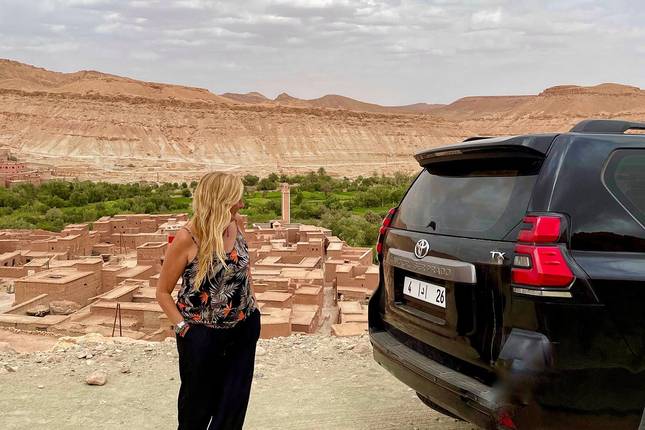
Take to esay to book your Desert trip with us
With Magic Desert Trips, travel the mystical, enchanting, and exotic kingdom of Morocco on a personalized, real-deal Morocco Driving Vacation that features the best boutique hotels and stunning riads.
- 3-Day Desert Tour from Marrakech
- 4-Day Desert Tour from Fes to Marrakech
- 4-Day Desert Trip from Marrakech to Fes
- Desert tours from Marrakech
- Desert Tours From Fes
- Desert Tours from Casablanca
- Desert Tours from Tangier
- Desert Tours from Agadir
Recognizing Moroccan Traffic Regulations
Following Morocco’s driving laws is essential to a safe driving experience, especially for those unfamiliar with the nation’s roadways. It also helps you avoid fines and accidents. Understanding these guidelines is essential for a trouble-free self-drive tour.
Minimum Driving Age
Driving in Morocco requires one to be at least 21 years old, which is older than the legal age in many other nations. In order to comply with Moroccan legislation, drivers must be at least 21 years old if they are moving from Spain, where the legal driving age is lower. For insurance purposes, make a list of all possible drivers when renting an automobile.
The orientation to Driving in Morocco
Driving is on the right side of the road in Morocco, as it is in the majority of European countries. This will seem familiar to individuals who are used to driving on the right-hand side. It’s important for new drivers to remember to keep the steering wheel close to the curb and give yourself some extra time to get used to it, especially while driving on uneven or country roads.
Alcohol Consumption and Driving
Morocco has a zero milligram legal blood alcohol limit and a zero tolerance policy for driving after drinking. Alcohol use in public is also discouraged. Serious consequences, such as fines, license suspension, or incarceration, may follow violations.
Parking in Morocco
The parking structure in Morocco differs from that in Europe. With the exception of the two largest towns in Morocco, Rabat and Casablanca, most Moroccan cities have street parking attendants who assist with street parking while ensuring vehicle safety. They typically don vests in vibrant colors. In most cities, parking during the day (for any number of hours) costs 2 DH, while parking with auto security at night costs 3 DH. Tell the attendant if you plan to leave your car for more than a day and inquire about the cost.
The cost of on-street parking can be significantly more in various towns, particularly in resort communities. This is normally noted on the sign, but it’s best to always inquire. You can ask the attendant to wash the car if it’s really unclean, or they can volunteer to do it themselves. At a vehicle wash, washing a car typically costs 20 DH (outside only) or 40 DH (inside).
A restaurant or nightclub will often provide its own valet parking service, which varies in price from 10 to 20 Dirhams, if you bring your own vehicle. Most of Rabat’s and Casablanca’s principal streets have payment machines.
It should be noted that parallel parking is common on Moroccan streets, characterized by incredibly small gaps between cars, therefore assistance from parking attendants is constantly available. When you find a parking spot that you wish to use, my recommendation is to first check to see whether there is an attendant there. If you are not visible to the attendant, never leave your automobile parked. Make sure you locate him or her, or at the very least, wave. Payment machines and parking attendants are not common in several of Morocco’s smaller, less-trafficked cities. After then, parking is free.
Getting Around on Moroccan Roads
There are both big and smaller toll roads in Morocco. The main toll highways, sometimes referred to as autoroutes, connect the country’s largest cities and are denoted with a ‘A’. Notably, three major toll highways in Morocco’s capital, Rabat, connect to other important cities. Morocco’s main autoroutes are as follows:
- Casablanca and Rabat are on the path that leads from Tangier to Safi along the Atlantic coast.
- Rabat may be reached inland via Meknes and Fez on the way to Oujda.
- Marrakech is the southern route that connects Casablanca and Agadir.
- Tetouan and Nador are on the route that travels from Tangier to Oujda.
Road Signs
Morocco’s traffic signs are designed to be easily interpreted, following European norms. There are some French signs and most Arabic ones. The typical red octagonal stop signs are among the recognizable signs. White lines indicate single-carriageways on roads, whereas yellow lines indicate dual-carriageways.
Additionally, you will come across well-known signage such as yield signs in triangles, give way signs at roundabouts, and alerts for possible animal crossings in rural regions. It is imperative that you get familiar with these indicators to ensure seamless travel.
Rules Regarding Right of Way
In Morocco, it is customary to yield to oncoming vehicles at crossroads. At roundabouts, give way to cars that are already in the circle unless the signage says otherwise. It is important to comprehend and abide by these guidelines to prevent miscommunications and mishaps.
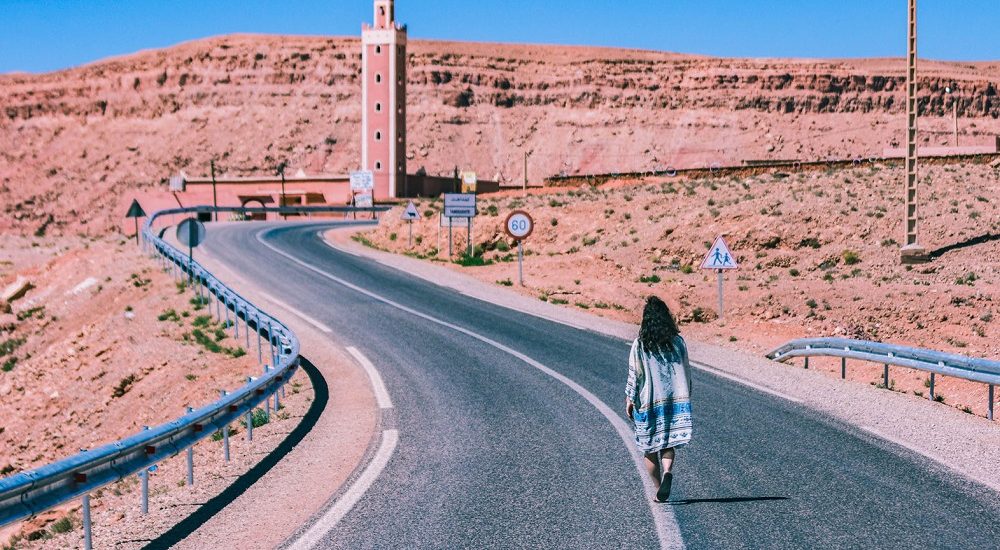
FAQs
Does Morocco Require an International Driver’s License?
An IDP is required for drivers with foreign licenses to drive in Morocco, particularly during brief visits. For licenses that are not in Arabic or that lack a picture, an IDP is required.
Depending on your location, physical copies of an IDP may be sent at different periods, and digital copies can be obtained in a matter of hours.
How Can I Obtain a Driving Permit Abroad?
The International Driver’s Permit (IDP) application process is easy to complete and accessible over the internet at any time. Go to the International Driver’s Association application website to get started.
Travelers may quickly and easily receive their IDP because to the process’s user-friendly design. With three simple steps, you can usually finish your IDP application in 20 minutes or less: filling out the online application, uploading a digital copy of your driver’s license, adding your pictures, and waiting for approval.
Does Morocco Accept a Driving License from the UK?
A UK driver’s license can be used in Morocco for a maximum of one year. Obtaining the 1968 IDP is required for temporary residents, as versions before to 1968 are no longer valid. In the UK, obtaining an IDP may be conveniently completed online or in any one of the many post offices.
What IDP Validity Period Is It?
The validity of an IDP varies from application to application and can last up to three years. An IDP, however, is only good for a year in Morocco.
IDPs with different validity periods are available from the International Driver’s Association and are appropriate for both frequent and infrequent passengers. For holders of IDPs, Morocco does not require any further driving exams. Every adult over the age of eighteen with a valid driver’s license may apply for an IDP renewal; the procedure is the same as for the first application.
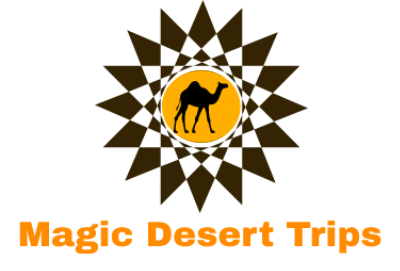
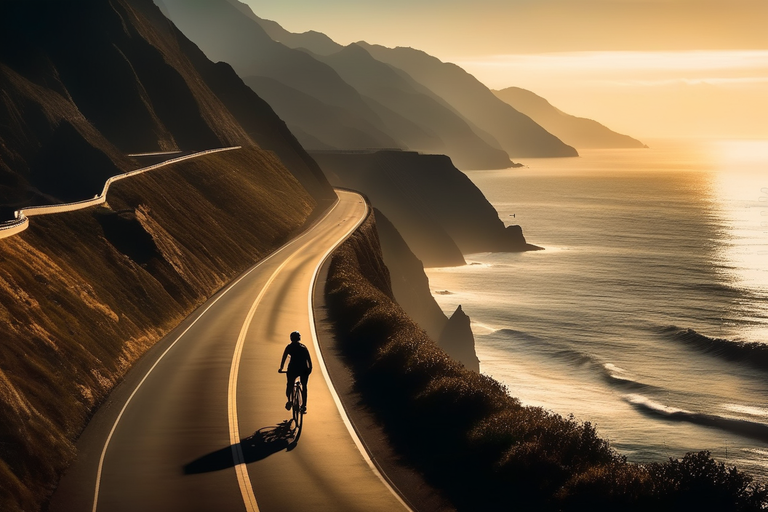
Leave a Reply